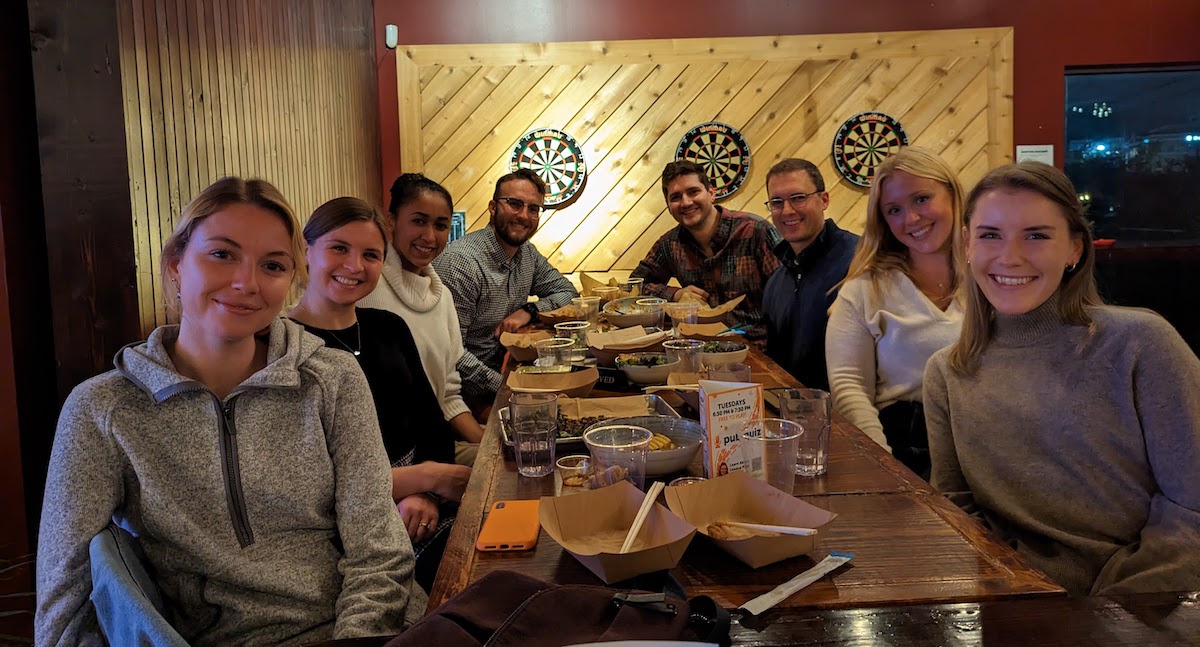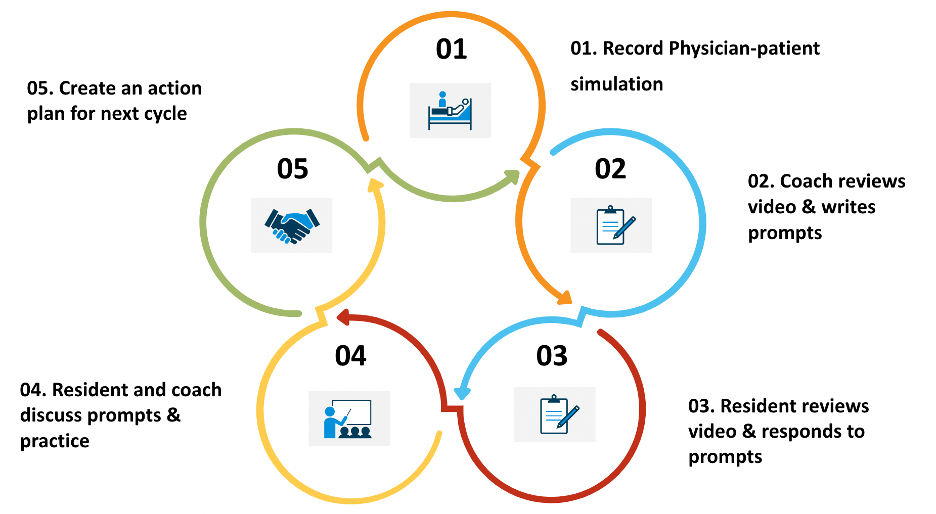Overview
Character, Formation, and Flourishing in Medicine
Mission
To reimagine how a commitment to character, formation, and flourishing can be integrated into postgraduate medical education.
Vision
Our programatic development is focused on helping residents rediscover meaning and purpose in their work, develop the character traits necessary to sustain their calling, and ultimately promote flourishing in their practice of medicine.
Team
Ryan M. Antiel, MD, MSME
Director of Character, Formation, and Flourishing in Medicine
ryan.antiel@duke.edu
Dr. Antiel is a pediatric surgeon at Duke University, focused on improving the lives of children and families confronted with difficult decisions such as surgical decision-making in the face of uncertainty and end-of-life issues. His research addresses ethical challenges surrounding the care of seriously ill fetuses and neonates.
He is also interested in how surgical residency shapes the character of surgeons-in-training and how best to form the virtues of character necessary for good surgical practice.
He is director of the Trent Center’s Clinical Ethics Fellowship for Duke residents, fellows, and faculty interested in advanced training and experience in clinical ethics. He also directs The Project on the Good Surgeon, a program in collaboration with Wake Forest Program for Character and Leadership which focuses explicitly on character formation during residency.
Residents and Students
- Thomas Clark Howell, MD
- Kevin Ig-Izevbekhai, MD
- Lillian Kang, MD
- Amanda Nash, MD
- Kathleen Young
- Camryn Thompson
- Phifer Nicholson
- Steven Thornton
- Monica Bodd
- Claire Washabaugh
- Megan Happ
- Margot Kelly-Hedrick

Programs
1. Clinical Ethics Fellowship
The Trent Center for Bioethics, Humanities & History of Medicine at Duke University offers a fellowship in clinical ethics for Duke residents, fellows, and faculty interested in gaining advanced training and experience in clinical ethics. The fellowship is a one-year, part time academic program designed for residents during their focused research years. The fellowship may also be done in conjunction with subspecialty fellowship training. Duke faculty with flexible clinical schedules that allow participation are also invited to apply.
The fellowship introduces moral philosophy and provides a broad foundation in clinical ethics with a particular emphasis on race, culture, and social justice. Essential features of the fellowship are its practical clinical application and mentored research.
https://trentcenter.duke.edu/education/clinical-ethics-fellowship
2. Project on the Good Surgeon
Our long-term goal is to reimagine how commitment to character, practical wisdom, and human flourishing can be integrated into postgraduate medical education and practice environments. To help reach this goal, we have developed the Project on the Good Surgeon, a program for learning communities of friendship and mutual accountability. The hallmark of the program are small group dinner discussions structured by a formal curriculum of readings and self-reflection. The group discussions are complemented by opportunities for one-on-one mentoring. Finally, we facilitate engagement with the humanities (guided tours of museums, group attendance at theaters, etc.) to develop new habits of attention and self-reflection. This program is designed to help surgeons rediscover sources of meaning and purpose in their work, be reminded of key character traits they want to demonstrate and mentor in others and develop internal resources that allows them to return to their core values when falling short of the mark.
Research
1. Resident Well-being and Flourishing
Contemporary surgery suffers from a loss of morale. When social scientists recently asked a representative sample of U.S. surgeons whether they would encourage their own children to pursue their career, half said “no.” In the same study, 40% of surgeons met criteria for burn out syndrome, 30% screened positive for symptoms of depression, and 28% reported low mental quality of life.
This survey project is studying a nationally representative sample of US surgical residents to systematically investigate the association of intrinsic motivators, flourishing, as well as grit with multiple measures of physician well-being.
Shanafelt TD, Balch CM, Bechamps GJ, Russell T, Dyrbye L, Satele D, Collicott P, Novotny PJ, Sloan J, Freischlag JA. Burnout and career satisfaction among American surgeons. Ann Surg. 2009 Sep;250(3):463-71.
2. Simulation & Video Review
The general surgery residency training program has started a new video review educational conference that allows residents to submit actual video footage from their laparoscopic or robotic cases for feedback on their technical skills, cognitive skills, stress management, etc. This is a wonderful opportunity for self-assessment and coaching.
While technical development is essential for a surgeon in training, we also know that being a good surgeon requires the ability to communicate, listen, and empathize. Yet, modern surgical training focuses almost exclusively on technical skills.
This multidisciplinary project - with faculty contributors from Surgery, Nursing, Palliative Care, and Social Psychology - seeks to create a resident coaching program that focuses on video review of simulated physician-patient interactions to identify high quality interactions as well as to demonstrate improvement over time.

3. What specific character virtues are prioritized by residency Program Directors?
In this study, we seek to understand what character traits surgery program directors (PDs) prioritize in applicants. We are using a discrete choice experiment to evaluate the character traits that PDs deem to be the most and least important for medical students applying to surgery residency. In contrast to Likert-type rating scales, a discrete choice experiment creates a series of balanced subsets of the considerations, requires respondents to compare the considerations in each subset and choose the most important consideration, and then combines the choices across all the subsets to produce a rank ordering and rating of all considerations (10, in this study) that is psychometrically superior and avoids ceiling effects.
We then used maximum difference scaling to calculate a point value for each virtue/character trait.
We then performed latent class analysis of the transformed consideration scores to identify an unobserved categorical latent class variable. We assigned PDs to the latent class group for which they had the highest probability of membership and examined if this assignment was predictive of who the PD would interview based on mock letter of recommendation.